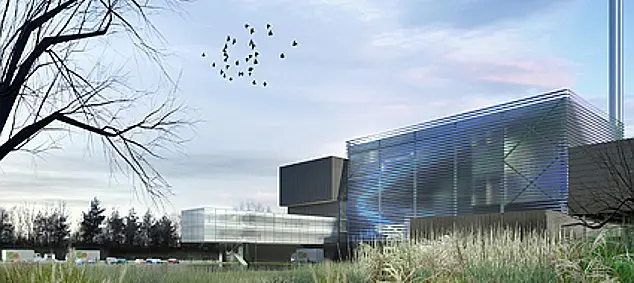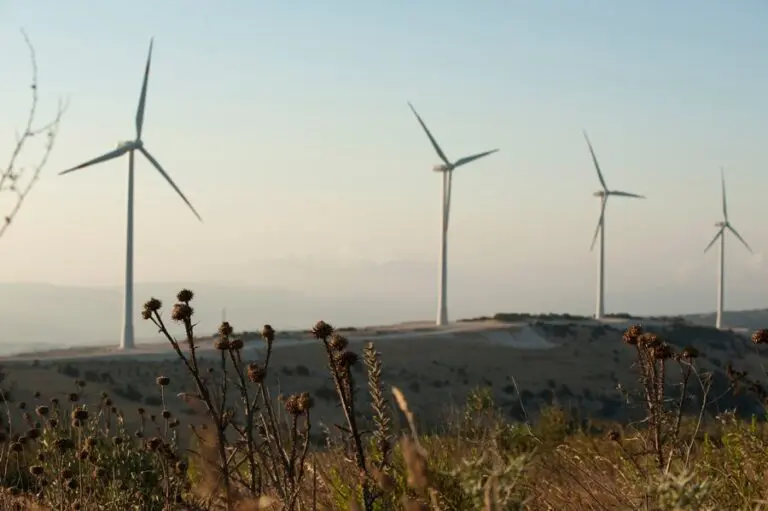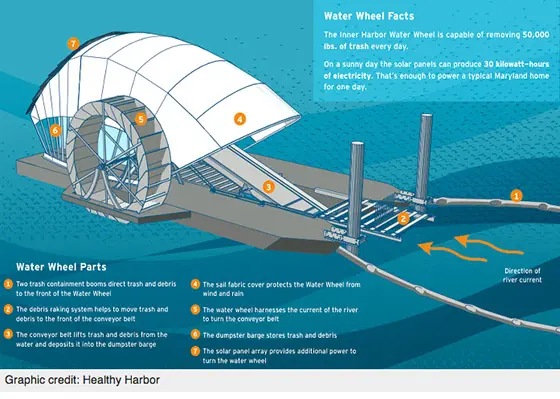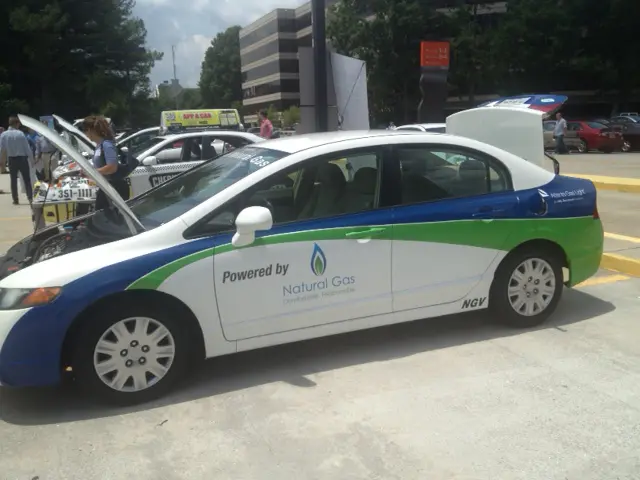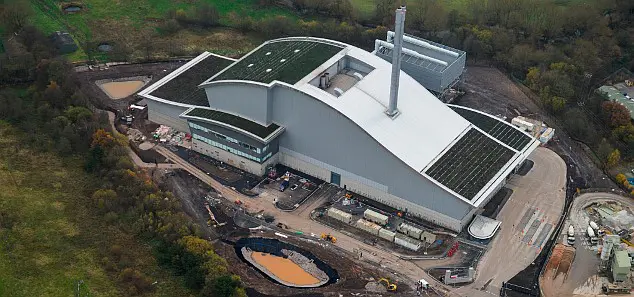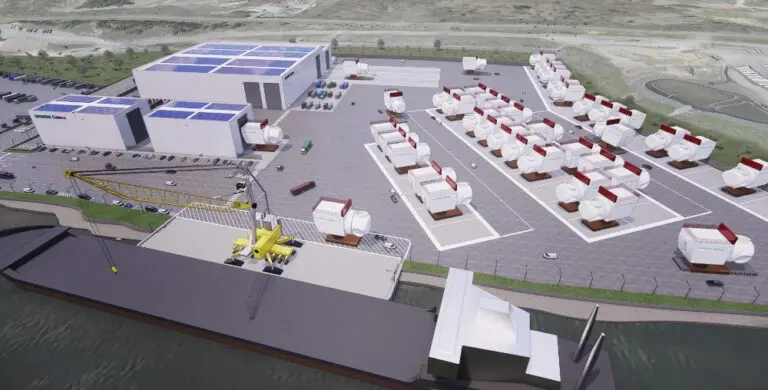NEW YORK: The California Energy Commission approved funding for cutting-edge clean energy projects at its monthly business meeting yesterday, including money for hundreds of electric vehicle charging stations, an innovative natural gas fuel tank, and emerging but proven technologies that are ready for the marketplace.
ELECTRIC VEHICLE INFRASTRUCTURE
To continue building the infrastructure needed to charge California’s growing number of electric vehicles, the Energy Commission approved 15 grants totaling more than US$5 million to install 475 electric vehicle chargers in communities throughout California, including the cities of San Francisco, Burbank, Torrance and San Diego and the counties of Ventura, Santa Barbara, San Luis Obispo, Orange, Riverside and Los Angeles. These grants are funded by the Alternative and Renewable Fuel and Vehicle Technology Program (ARFVTP).
“The Alternative and Renewable Fuel and Vehicle Technology Program continues to support California’s goal of 1.5 million zero-emission vehicles on the road by 2025,” said Commissioner Janea A. Scott. “These community investments assist in building the network of charging stations needed, and help accelerate growth in the electric vehicle market.
NATURAL GAS
To develop and demonstrate an advanced natural gas storage tank for light-duty vehicles, the Energy Commission approved a US$1.2 million contract with BlackPak, Inc, funded by the Public Interest Energy Research (PIER) natural gas program. BlackPak plans to build a storage system from carbon materials that will allow natural gas to be stored at a lower pressure. The system would reduce complexity and cost. The material can be easily formed into a range of shapes, allowing designers to integrate the storage system into a vehicle’s design without sacrificing passenger space.
The award provides financial support to develop a prototype of the technology, building upon funding provided by the Advanced Research Projects Agency-Energy (ARPA-E) for early research and development. The Commission also approved PIER grants to develop natural gas plug-in hybrid vehicles to Transportation Power Inc., Efficient Drivetrains Inc., and Gas Technology Institute for US$900,000 each.
“Developing alternative and cleaner transportation fuels and technologies are essential if California is to achieve its long term greenhouse gas reduction goals,” said Chair Robert B. Weisenmiller. “Our federal partners, including ARPA-E, are key players in advancing these initiatives.”
EMERGING TECHNOLOGIES
The Energy Commission approved US$4.4 million in PIER grants for proposals demonstrating emerging energy efficiency technologies that are past the “proof-of-concept” stage and ready to be demonstrated in an industrial setting under “real-world” conditions. Grants include funds for:
- A novel infrared technology for dry blanching fruits and vegetables on a commercial scale that is up to 40% more energy efficient compared to methods currently used to produce crisp fruit and vegetable snacks.
- A filtration system for waste-water treatment that uses a chemical reaction instead of the current energy-intensive processes.
- A combustion system that uses an energy-efficient low-swirl burner that can switch between natural gas, propane and bio-gas in real time — which could make use of bio-gas from small source generators economically viable.
Also approved at the business meeting:
- Solar Photovoltaic (PV) System: A US$2.3 million loan for South El Monte to install solar PV systems at city-owned facilities. Each year, the project is expected to produce a million kilowatts of electricity, reduce greenhouse gas emissions and save the city approximately $135,000 in utility expenses. The loan is funded by the Energy Conservation Assistance Act.
- Biodiesel: A $5 million ARFVTP grant was approved for Crimson Renewable Energy. The money will be used to upgrade equipment at its existing facility and increase biodiesel production from 17 million gallons to 22 million gallons a year.
- Alternative Fuel Readiness Plans: The Commission also approved two more ARFVTP projects to help various regions of the State develop strategies for the deployment of alternative fuel infrastructure.



